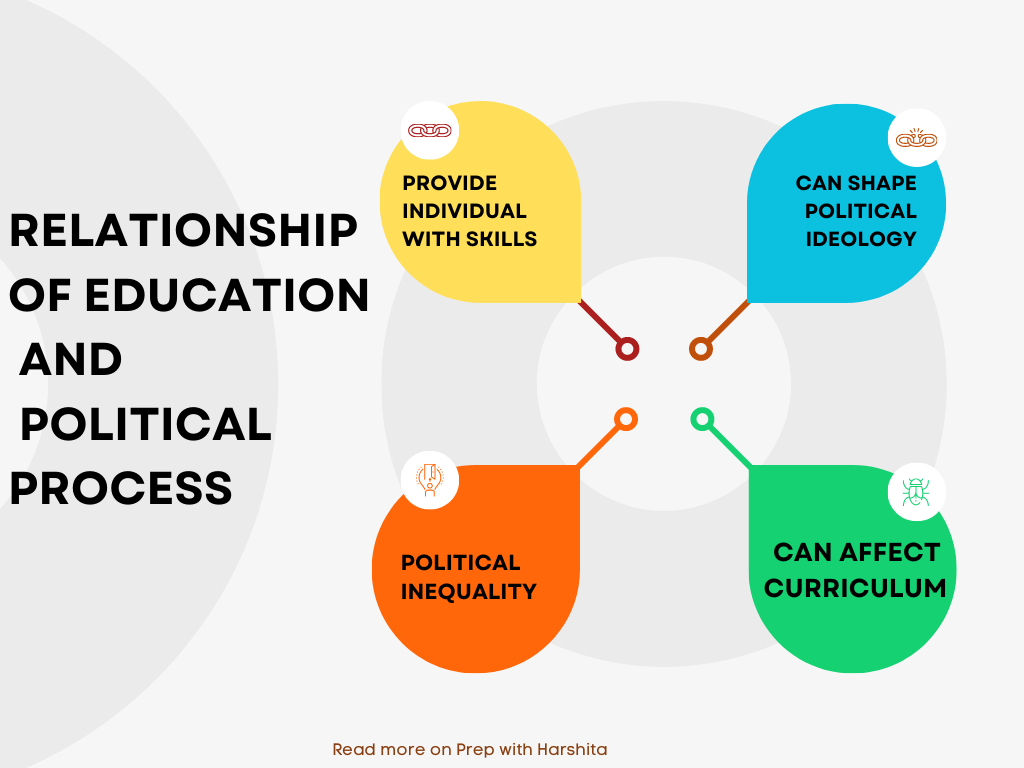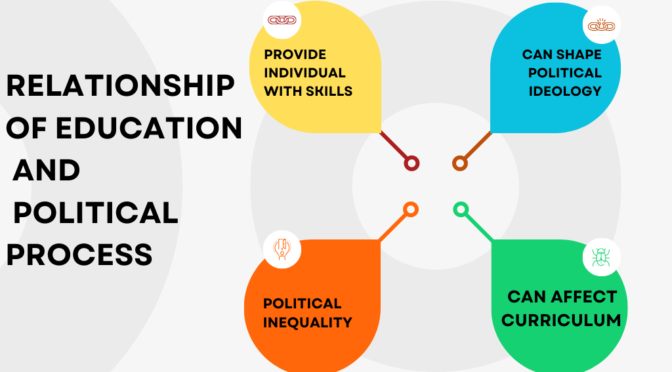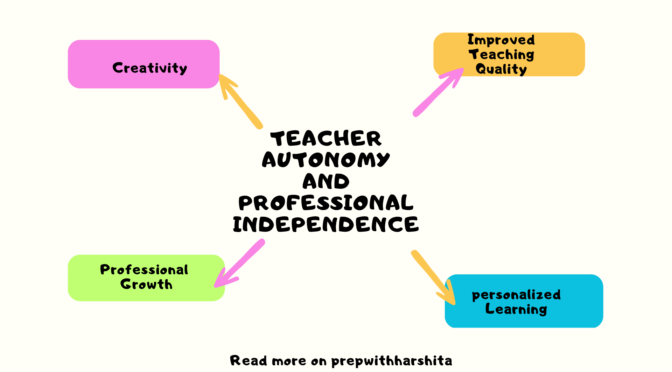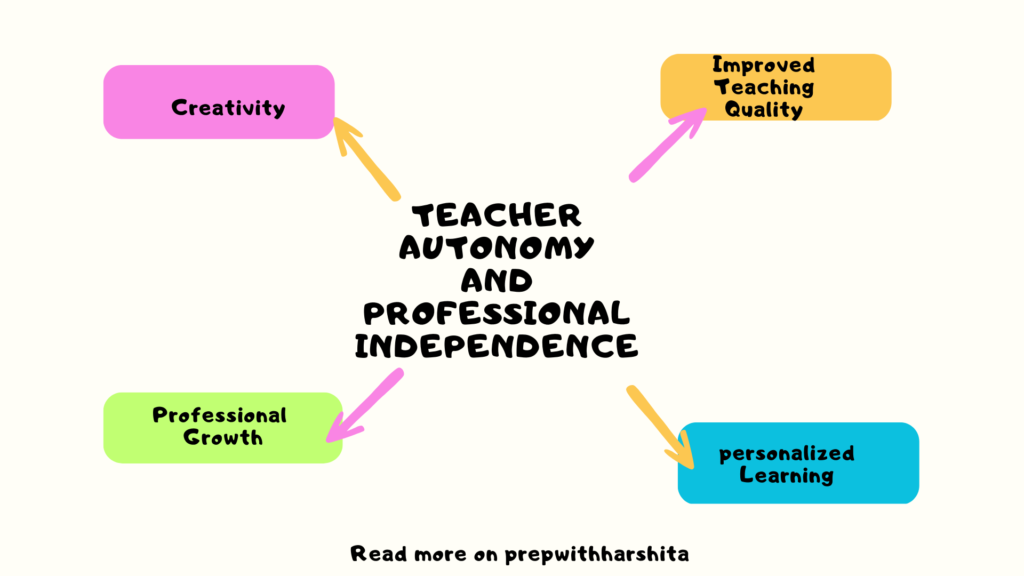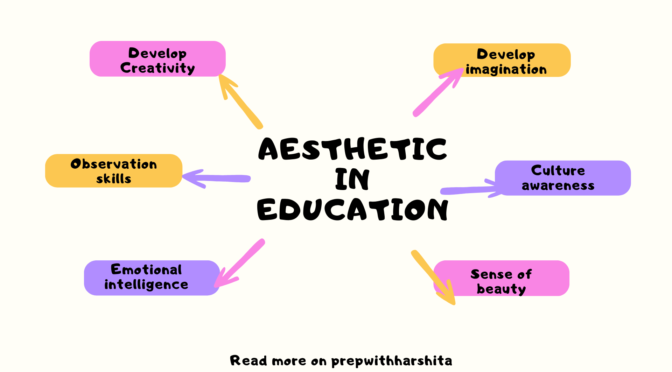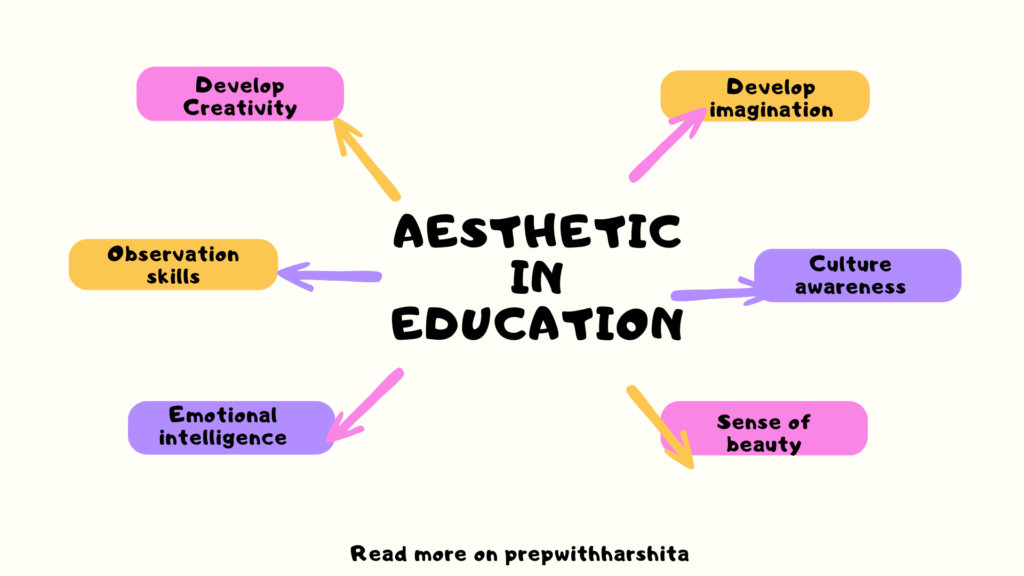The dynamic relationship between education and the political process is complex and can be understood from a variety of perspectives.
Here are some key points to consider dynamic relationship of education and political process:
- Education and political participation: Education plays a crucial role in shaping the political process by providing individuals with the knowledge, skills, and attitudes needed to participate in civic life. Educated individuals are more likely to vote, to engage in political discussions, and to take part in community activities that promote social and political change. This is because education can help people understand the complexities of political issues and the various ways in which they can influence the political process.
- Education and political power: Education is also closely tied to political power. In many societies, access to education is seen as a key factor in determining who has the ability to shape political decisions. This is because education can provide individuals with the skills and knowledge needed to hold positions of power, such as elected officials, civil servants, and political activists. Conversely, those who lack education may be excluded from these positions of power, limiting their ability to influence political decisions.
- Education and political ideology: Education can also shape political ideology by exposing individuals to different ideas and perspectives. Education can help individuals understand the complex economic, social, and political systems that underpin society, and can provide them with the critical thinking skills needed to evaluate competing political ideologies. This can lead to a more informed and nuanced political discourse, as individuals are able to engage with ideas and arguments in a more sophisticated way.
- Education and political inequality: However, access to education is not always equal, and this can create political inequality. In many societies, educational opportunities are heavily influenced by factors such as socioeconomic status, race, and gender. Those who lack access to education may therefore be excluded from the political process, limiting the ability of marginalized groups to influence political decisions.
Overall, Dynamic relationship of education and political process is multifaceted and can be understood in a variety of ways. While education can play a crucial role in promoting political participation, power, and ideological diversity, it can also contribute to political inequality if access to education is not equitable.
Also Read: Aesthetic in Education
